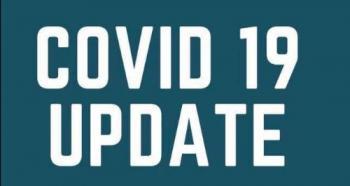|
As more shop online during pandemic, consumers reminded to make holiday returns or exchanges as soon as possible
The Connecticut Department of Consumer Protection is reminding consumers that they should be aware of return and exchange policies as they continue their holiday shopping this year, particularly as many people have been shopping online during the ongoing pandemic.
Buyers should read the terms and conditions prior to submitting their orders to understand their return and exchange rights, as well as the remedies available if a package is seriously delayed. Consumers should return unwanted gifts sooner than later to ensure the best outcome for their return or exchange.
This year, the state agency has received more than 1,100 complaints related to refunds, credits, and exchanges. That’s almost 400 more complaints than the department received in 2019.
Here are useful tips that consumers should know:
- In Connecticut, sellers can set their own refund or exchange policies, provided they post the policy in a conspicuous place for customers to see.
- If there is no policy posted, customers may return any new, unused item to the store with a proof of purchase within seven calendar days and get a cash refund on a cash sale or a credit to their account on a credit sale.
- Consumers are not entitled to a refund on:
- Food;
- Perishable items, including live plants;
- Custom-ordered or custom-made items;
- Items that were cold “as is” or as a “final sale;”
- Items with no proof of purchase; and
- Used items.
- Stores may charge a “restocking fee,” which covers its cost for returning an unwanted item to its warehouse. If this restocking fee is part of the store’s refund and exchange policy, it must be posted in a conspicuous place for customers to see.
- Tax law affects refunds. Retailers cannot issue a refund on the sales tax portion of a purchase without having a printed sales receipt, and after 90 days, no refunds of sales tax are allowed at all, even with a receipt.
If consumers have issues with a return or exchange, they are encouraged to file a complaint with the Connecticut Department of Consumer Protection by emailing or by clicking here.
|

